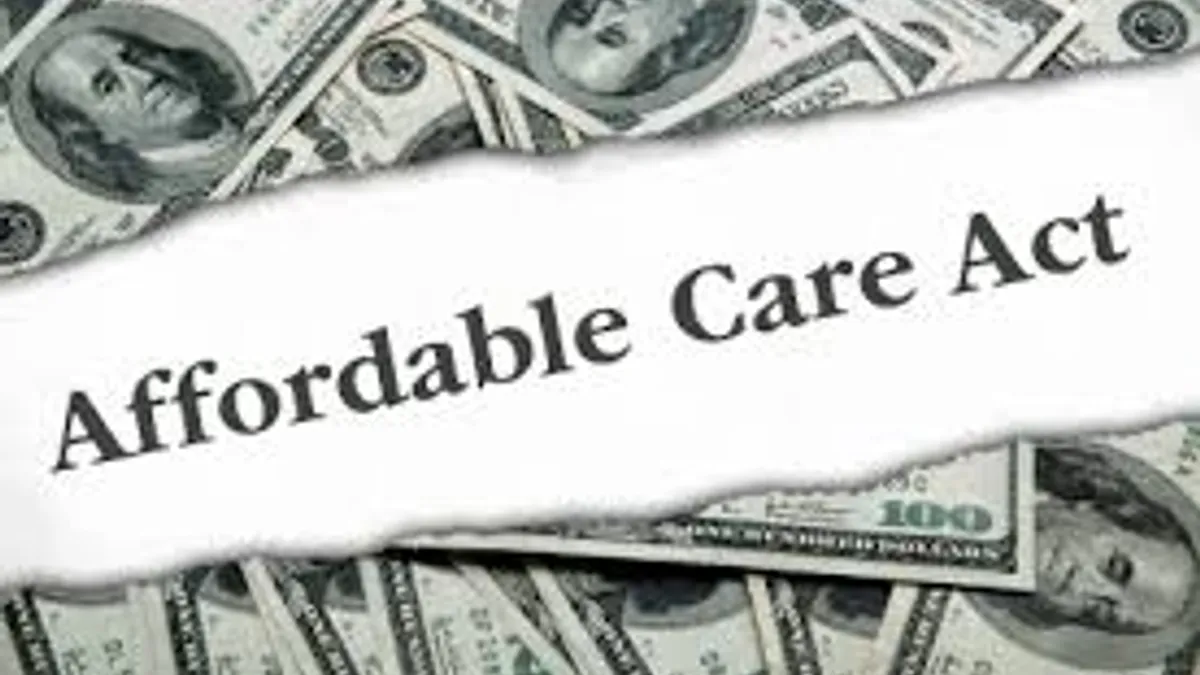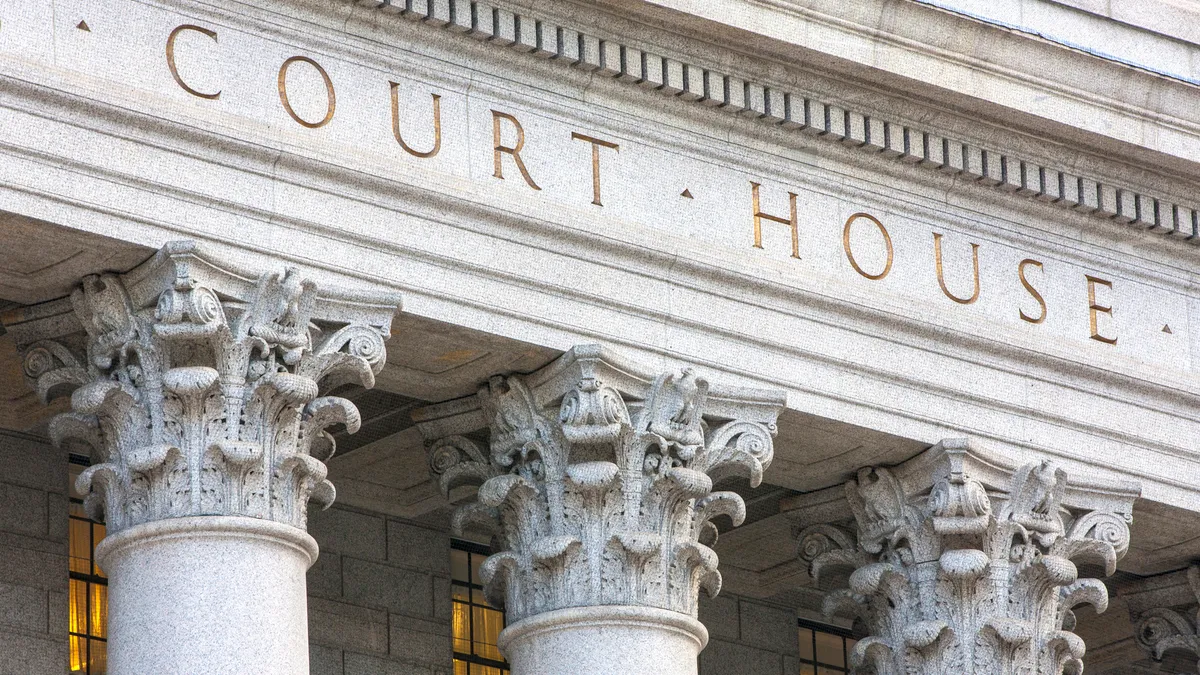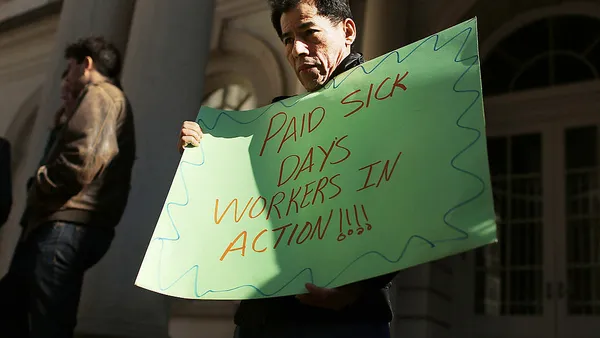Dive Brief:
- Under the Affordable Care Act, employers are barred from giving workers untaxed funds for health reimbursement accounts.
- Trying to undo that provision, legislators have re-introduced the Small Business Healthcare Relief Act in both the House (H.R. 2911) and the Senate (S. 1697), according to an article at HRMorning. The timing of the legislation is significant because the penalty phase for stand-alone HRA usage kicked in on July 1, 2015.
- If passed, the bill would provide an exception to ACA regulations and allow some small businesses (under 50 employees) to use pre-tax dollars to help employees purchase healthcare benefits on the exchanges, as well as other out-of-pocket medical expenses. It's a strategy some employers were planning to take in lieu of providing their employees with health insurance under Obamacare’s employer mandate, HRMorning reports.
Dive Insight:
Specifically, the bill would ensure small businesses and local municipalities with fewer than 50 employees are allowed to continue using pre-tax dollars to give employees a defined contribution for healthcare expenses, It also would allow workers to use HRA funds to purchase health coverage on the individual market and for qualified out-of-pocket medical expenses if the employee has qualified health coverage, and protect employers from being financially penalized for providing this cost-sharing option to employees, according to the article.
Until that becomes law, the article offers that small employers can use “integrated” HRAs, which are HRAs that are combined with an employer’s group health plan. They also can increase employee taxable income to help them purchase insurance on their own, which many firms feel is cheaper than sponsoring a group health plan.














